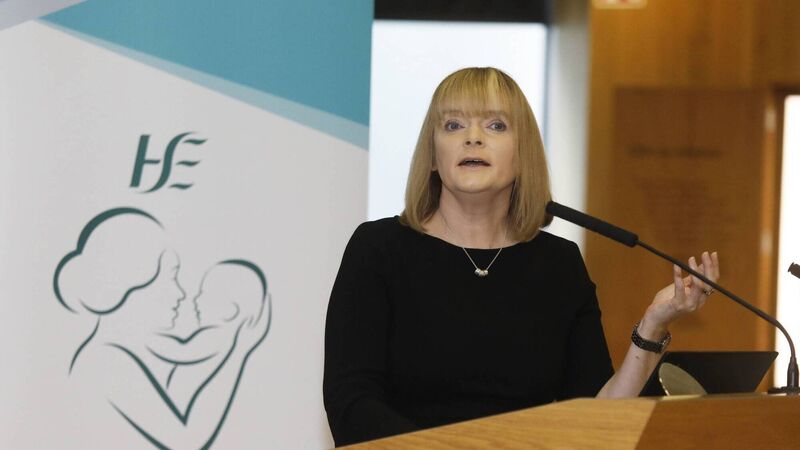New guidelines on vaginal mesh and fetal anatomy scans

Keelin O'Donoghue, senior lecturer in obstetrics at University College Cork, led the development of the guidelines. Picture: HSE
New HSE guidelines on vaginal mesh complications and fetal anatomy scans were among 12 guidelines launched on Friday to ensure the same care is available to women around the country.
Use of vaginal mesh was paused in Ireland after women highlighted life-changing negative impacts from having it inserted.













